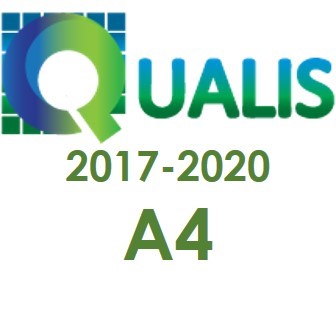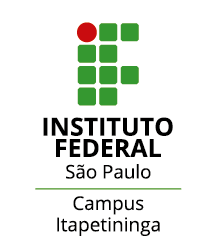Feedback formativo em ambientes de aprendizagem virtual em ensino de história
Palavras-chave:
Educación a distancia. Licenciatura en historia. Evaluación. Feedback.Resumo
Este estudo teve como objetivo apresentar a relação entre feedback formativo com prática avaliativa criteriosa, procedimental e reflexiva e desempenho acadêmico em diferentes componentes curriculares. Para isso, utilizou-se uma abordagem metodológica qualitativa, de caráter descritivo, com análise das respostas atribuídas para toda a avaliação. recursos de três componentes curriculares da turma do terceiro semestre, considerando todos os alunos da turma. Como resultado, foi possível perceber que o desempenho acadêmico dos alunos foi significativamente maior quando seus professores atribuíram feedbacks formativos e intencionais ao conteúdo, sem desconsiderar a importância das narrativas motivacionais. Por outro lado, a prática de refacção também se destacou pela evolução acadêmica dos alunos.
Downloads
Referências
BACHIC, L., TANZI NETO, A., TREVISANI, F. M.Ensino Hibrido: personalização e Tecnologia na Educação. Porto Alegre: Penso, 2015.
BEHRENS, M. A. A prática pedagógica e o desafio do paradigma emergente. Revista Brasileira de Estudos de Pedagogia, Brasília, v.80, n.196, 383-403, 1999.
CAMPOS, N. Ensino adaptativo: O big data na educação. 2017.
CASTRO, E. A.; RIBEIRO, V. C.; SOARES, R.; DE SOUSA, L. K. S.; PEQUENO, J. O. M.; MOREIRA, J. R. Ensino híbrido: desafio da contemporaneidade?Projeção e Docência, v.6, n.2, 47-58, 2015.
FRANCO, M. A. S. Práticas pedagógicas de ensinar-aprender: por entre resistências e resignações. Educ. Pesqui., São Paulo, v.41, n.3, 601-614, 2015.
FREIRE, P.Pedagogia do oprimido. 50.ed. São Paulo: Paz e Terra, 2011.
LIMA, G. C. B. Adaptha: ambiente para autoria e ensino adaptativo.2007.
LUCKESI, C. C. Avaliação da aprendizagem escolar: estudos e proposições. Editora Cortez, São Paulo.
MACHADO, V. R. (Des)vantagens de atividades mecânicas e de trabalhos em grupo anódinos. In: Stella Maris Bortoni-Ricardo; Veruska Ribeiro Machado. (Org.). Os doze trabalhos de Hércules. 1ªed.São Paulo: Parábola, 97-124, 2013.
MORAES, M. C. O paradigma educacional emergente. Papirus, 1999
OXMAN, S.; Wong, W. White Paper: Adaptive Learning Systems. Sistemas adaptativos de aprendizagem, 2014
RIBEIRO, J. B. P.;MOREIRA, J. R. Fatores sociais e acadêmicos na evasão escolar do curso técnico em segurança do trabalho do polo Itapoã do Instituto Federal de Brasília. Revista Eixo, v.6, n.3, 40-47, 2017.
Downloads
Publicado
Como Citar
Edição
Seção
Licença
Copyright (c) 2020 Revista Internacional de Formação de Professores

Este trabalho está licenciado sob uma licença Creative Commons Attribution-NonCommercial-NoDerivatives 4.0 International License.



 Este trabalho está licenciado sob uma licença
Este trabalho está licenciado sob uma licença 